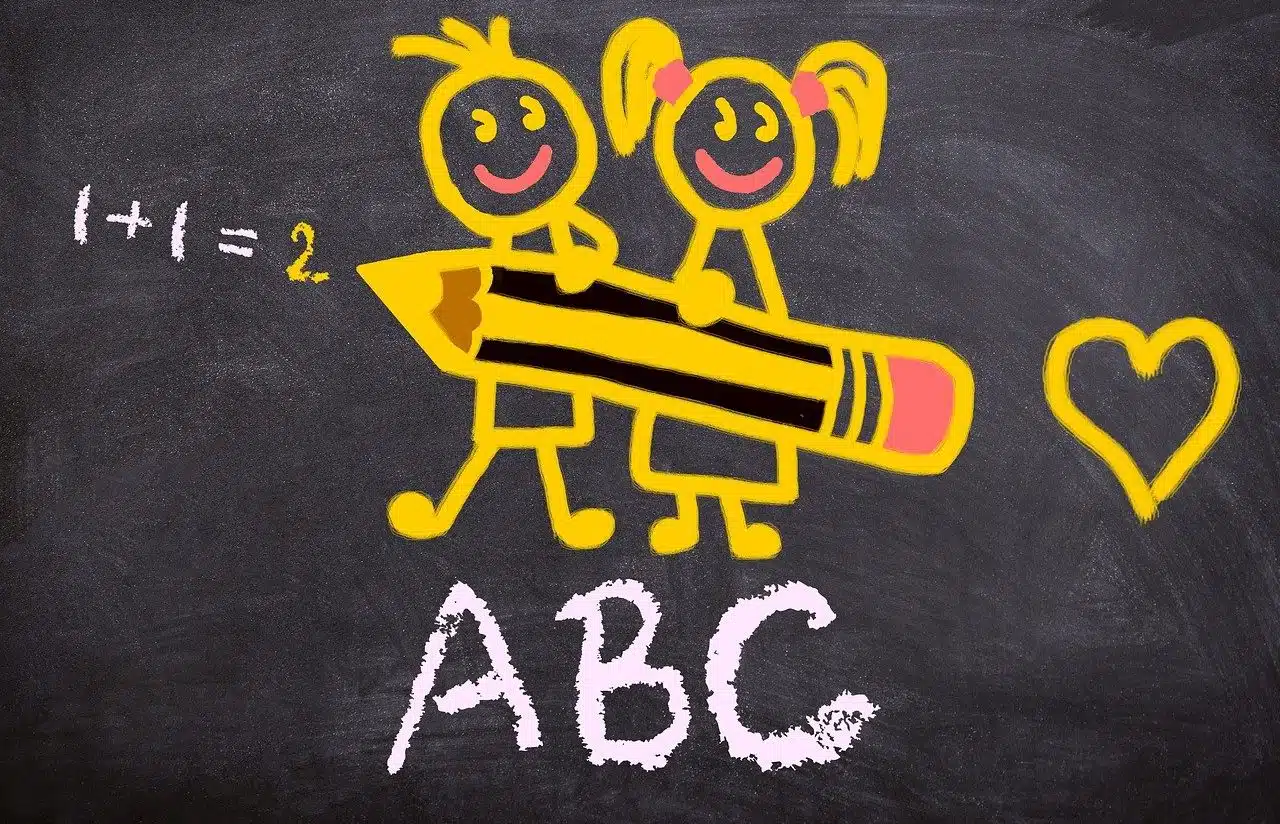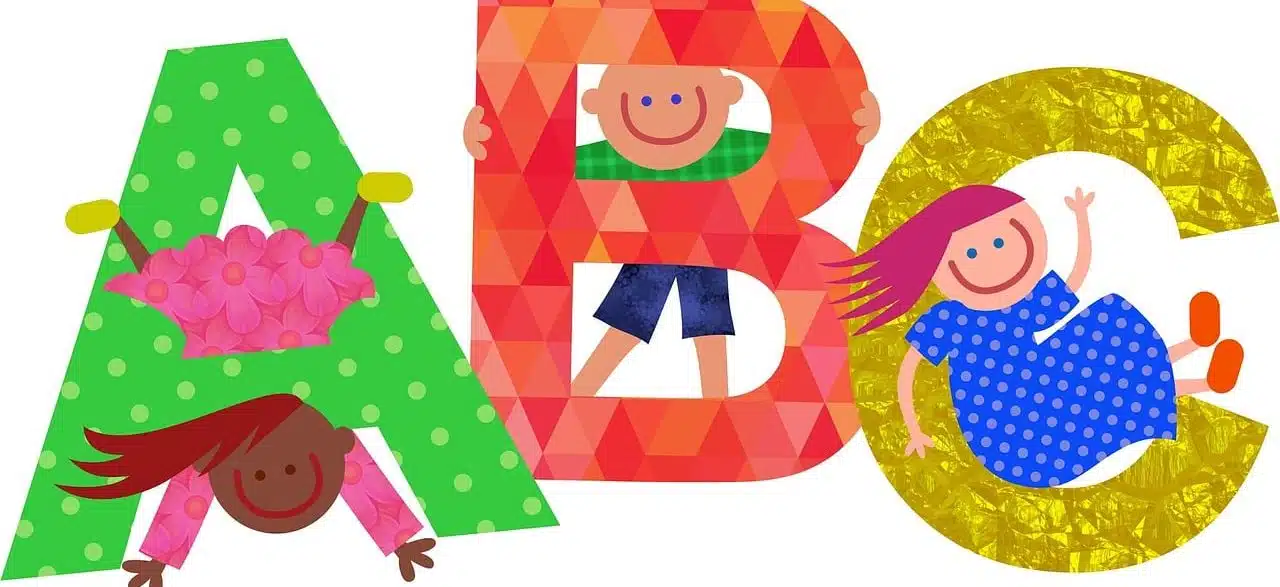
There is, as part of inclusive education, a pedagogical strategy called diversified learning that works from the conception of understanding and addressing in a specific and unique way the style, times, interests and needs of each student.
Inclusive education is an instruction model conceived and designed to consider the needs of each person in relation to the teaching and learning process. Its purpose is to guarantee universal literacy and educational equity .
Children, young people, women and men have the right to education , which is why it is essential that each State implement a solid educational policy aimed at social justice . In order to promote equal opportunities and integrate all sectors of the population, it is essential to make available to each community an educational system that is free and secular . When working towards authentic social inclusion, it is important to identify the barriers to learning , find solutions, apply empathy inside and outside the classroom, stimulate school integration and implement strategies that help avoid school failure or Minimize the school dropout rate.
Principles of inclusive education
The principles of inclusive education , broadly speaking, encompass sensitivity and humanity in treatment, accessibility , the implementation of psychological support services , good values and respect for diversity . Collaborative learning and inclusive teaching strategies are unavoidable to achieve, without exception, the schooling of all those who are of age and conditions to access the educational system and wish to assert their right to academic training with a view to individual evolution from the acquisition of knowledge, socialization and comprehensive progress.
It is a real challenge to train human beings by accompanying them with vocation , effort , commitment and will to help them discover and deploy their full potential.
It should be noted that the role of the teacher in inclusion is key : educators must be in charge of facilitating learning for those who need a specific environment or an extra incentive in guidance and support to reinforce or deploy their capabilities, emphasizing the recognition of progress and strengths. , create an optimal and welcoming study environment, embrace with conviction the Education for All movement that UNESCO proposed years ago and lead the group, encouraging respect , collaboration and tolerance at all times.
Beyond the differences and special requirements that can be recognized in a classroom, it is vital to educate beyond what is strictly linked to the curriculum . Both in the educational field and at home, healthy habits and ethical principles must be instilled from an early age and positive behaviors must be forged that, in the future, will be hallmarks of good women and men. We must, for example, prevent school violence , discrimination and bullying at all times, teach about caring for one's own body and that of others, and raise awareness about the importance of valuing, protecting and respecting life .

The right to education should be, in practice, universally equal for everyone. Every human being deserves to be educated, develop their capabilities, progress and improve their situation and quality of life.
Special needs and diversity
There are numerous special needs and diversity that occur in each society. It is possible to distinguish, to indicate some common possibilities, between cultural diversity and gender diversity .
Likewise, we live with all kinds of individuals. There are short people, others who are taller than average, individuals who have visual disabilities , others who fall within the autistic spectrum , beings of different ages, nationalities, beliefs, customs, choices, lifestyles, economic level. …Everyone, regardless of where or when they came into the world, how they think or what medical diagnosis they have received, has the right to education .

Teaching sign language in all educational establishments to facilitate communication with those who are deaf and extending the implementation of the Braille reading system are part of the essential measures for authentic social inclusion.
Challenges of inclusive education
Inclusive education faces, daily, an enormous number of challenges. Firstly, it requires educational legislation , infrastructure, constantly updated training and a community that accompanies, supports and facilitates inclusion .
Children with disabilities deserve a happy childhood, family support and the same quality education that their peers receive. The "special" would have to be understood as personalized, a particular approach that addresses specific needs and not be a reason for looks of pity, segregation and fights for equality that, unfortunately, sometimes never arrives because it is exhausted in socially correct discourses that are not they put into practice.
We must continue, on an international scale, along the path of inclusion , knowledge and coexistence in harmony . It is undeniable that much progress has been made in science, pedagogy and society in general in favor of integration , but there is still a lot to learn, thoughts to modify, prejudices to break down and barriers to overcome.
To dream of a better future and make it possible, citizens must unite in favor of absolute freedom , autonomy , dignity , respect , flexibility , tolerance , identity , equality and inclusion.
In the field of education, it is enriching to leave aside the rigidity of a curriculum and adapt its content in order to make it available to everyone with methodologies, techniques and forms of teaching that, both at the initial level and in primary education instances , secondary and higher education are adapted to the times, particularities and needs of each human being.
